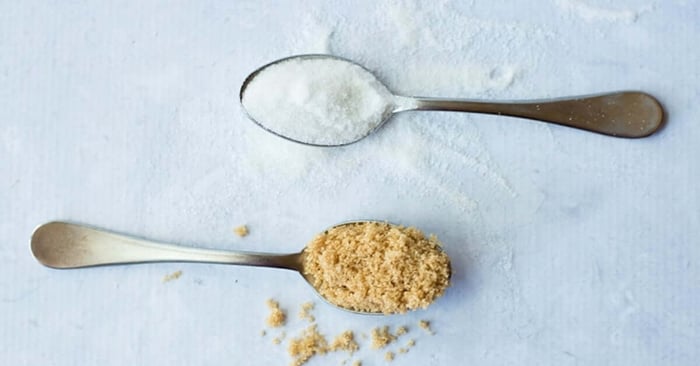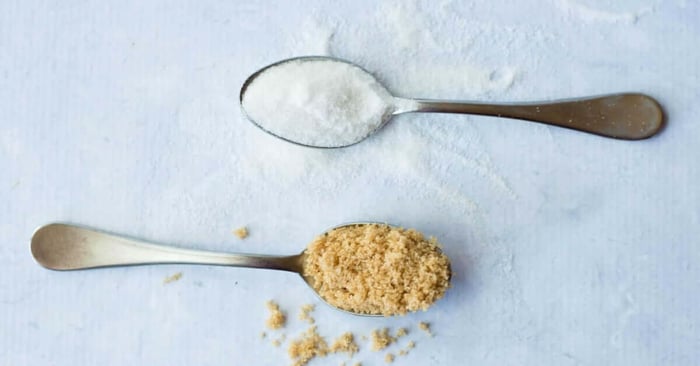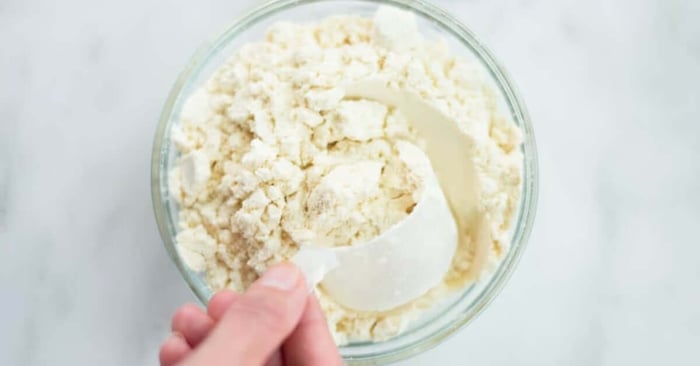In In this post, we’ll reveal the 10 main Foods That Cause Inflammation. You’ll learn what foods to avoid and how to make the best choices for a healthy lifestyle.
If you need help deciding what foods are good for you, or what meals are best for avoiding inflammation, try checking out my posts on 18 Top Anti-Inflammatory Foods, How To Reduce Inflammation Naturally, and 5-Day Anti-Inflammatory Diet Meal Plan.
In This Post You'll Find:
- How Do Unhealthy Foods Cause Inflammation?
- Can Inflammatory Foods Stall Weight Loss?
- 10 Foods That Can Cause Inflammation
- 1) Added Sugars
- 2) Trans Fats
- 3) Refined Carbohydrates
- 4) Processed Meat
- 5) MSG (Monosodium Glutamate)
- 6) Gluten
- 7) Aspartame
- 8) Casein
- 9) Vegetable Oils And Seed Oils
- 10) Alcohol
- FAQs
There is a lot of hype these days about how to live a healthy lifestyle. I am so glad the tides are turning in this direction, and as you know, I am definitely riding the wave!
You see, inflammation in the body can be harmful, especially when it comes down to not knowing about the foods that cause inflammation.
But not all inflammation is created equal. I will say that the inflammatory response to injury is a natural and necessary one, in that inflammation helps the body repair. But, what about when you are not injured?
That’s the inflammation I am talking about. Disease-causing inflammation, and inflammation that makes you feel bloated and blah.
In a nutshell, chronic inflammation can be harmful. And what you eat can actually play a big part in the inflammatory process. Specifically, eating ultra-processed foods is highly correlated with chronic inflammation. So in this post, foods that cause inflammation, I will share the top foods that cause inflammation.
How Do Unhealthy Foods Cause Inflammation?
Certain foods can affect inflammatory markers in the body. A diet made up of the following foods, among others we will discuss, is associated with the inflammatory response I’m talking about:
- Trans fats, like margarine
- Processed meats, like sausage and bacon
- Fried foods
- Foods with refined sugar
I have used Intermittent Fasting to work on reducing the timeframes during which I eat, which has helped me a lot to stop snacking, particularly on ultra-processed foods.
Can Inflammatory Foods Stall Weight Loss?
Yes, there is a correlation between chronic inflammation and obesity.
Excessive sugar, for example, can lead to both inflammation and weight gain, which has led some researchers to recommend lowering sugar intake for weight loss.
Additionally, there is a strong correlation between ultra-processed foods and chronic inflammation.
The great news is there are tons of foods that are anti-inflammatory, which I discuss in my post on 18 Anti-Inflammatory Foods. As well as this post on foods that cause inflammation, healthy foods are a must, but even more important os knowing what foods benefit your body versus harm it. A nutritious meal to some could inflame yours. I recommend trying healthy brands that fit your needs. Try checking out cleanish's Protein Powder, go even further and view our Blog to find a fitting recipe that will help you have a delicious meal as well as not being inflamed.
10 Foods That Can Cause Inflammation
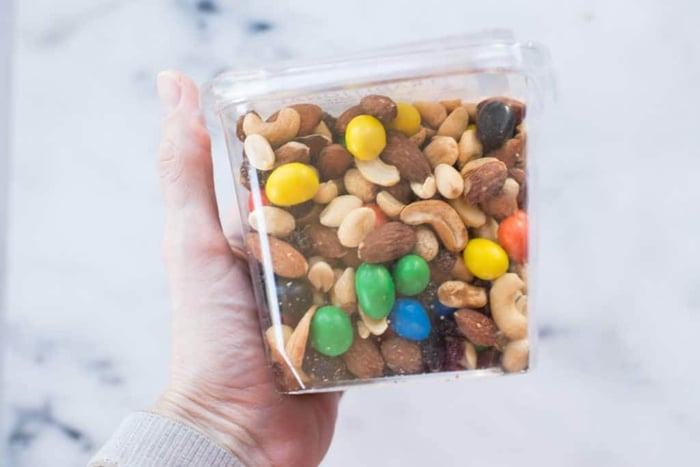
1) Added Sugars
Processed and packaged foods that line grocery store shelves are full of added sugars. Both sucrose (you know it as table sugar) and high fructose corn syrup (found in so many products) are positively correlated to inflammation, meaning the more sugar you have, the more likely you will have chronic inflammation.
To avoid added sugars, look out for pastries, cookies, cereals, and candy. You know, basically all of the packaged convenience foods so typical of today. I share more how to spot Hidden Sugars as well. Finding it hard to Quit Sugar? I did it, and you that you can, too!
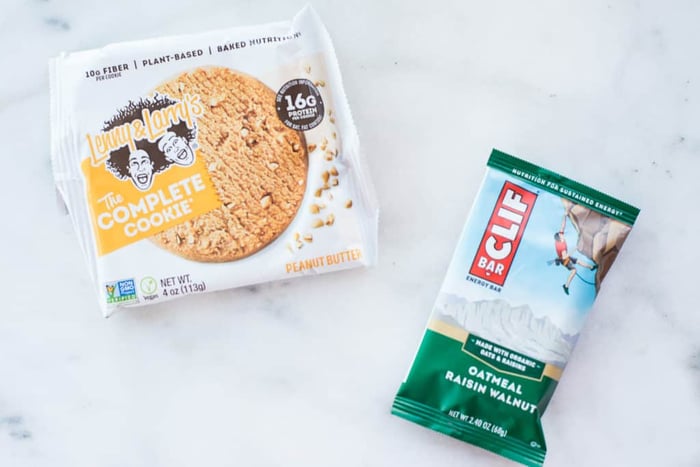
2) Trans Fats
Trans fats are inflammatory foods to avoid. Think about it, foods last for months on the grocery store shelf thanks to the addition of trans fats. When you look at it that way, it’s not really something that you want to put in your body, right?
Look out for packaged cookies and cakes, french fries, shortening, and margarine. If you see trans fats on the label, walk away.
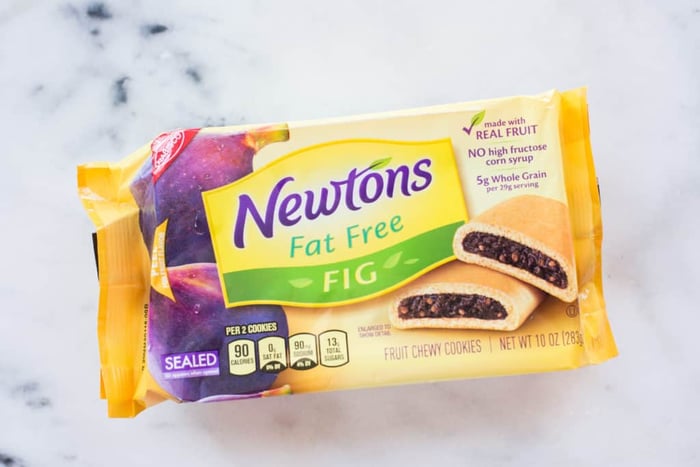
3) Refined Carbohydrates
Foods high in added sugars and empty carbs leave very little nutrients to be absorbed.
Honestly, thinking about eating crisp vegetables, juicy fruits, and satisfying whole grains sounds much more inviting than eating a bag of chips, a handful of cookies, and a soda. Make the move.

4) Processed Meat
Processed meat contains nitrates and nitrates and is associated with increased inflammation.
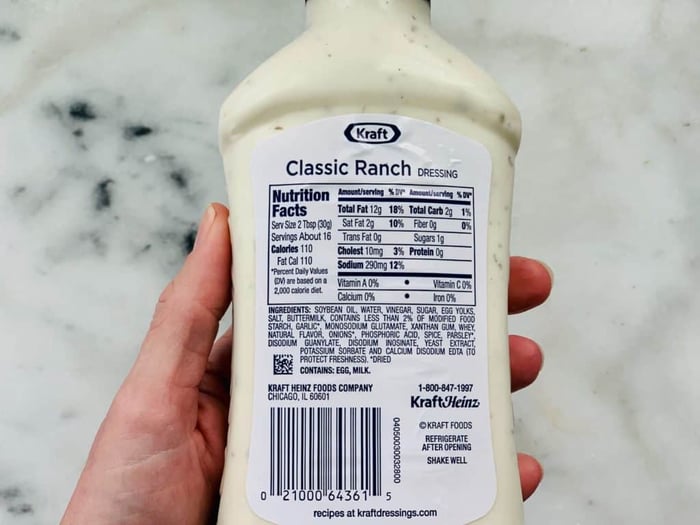
5) MSG (Monosodium Glutamate)
If you are a lover of deli meat, fast food, canned vegetables, and prepared Asian food, you may be consuming MSG, otherwise known as monosodium glutamate. It is a known cause of food-related inflammation.
Look for “no MSG added” when out at restaurants or eating take-out food.
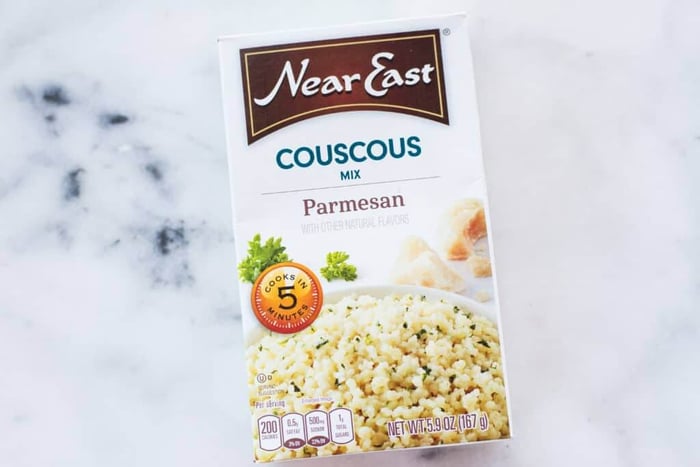
6) Gluten
For some, gluten can cause an extreme inflammatory response. Many choose not to eat foods containing gluten, however research has recommended those without gluten intolerances not avoid gluten. For
Bread, couscous, and other foods made with wheat, barley, and rye are the culprits. Avoid inflammation by purchasing foods that are gluten-free. When reading the labels, however, make sure that the gluten-free product does not contain unnecessary added ingredients like potato starch or tons of sugar.
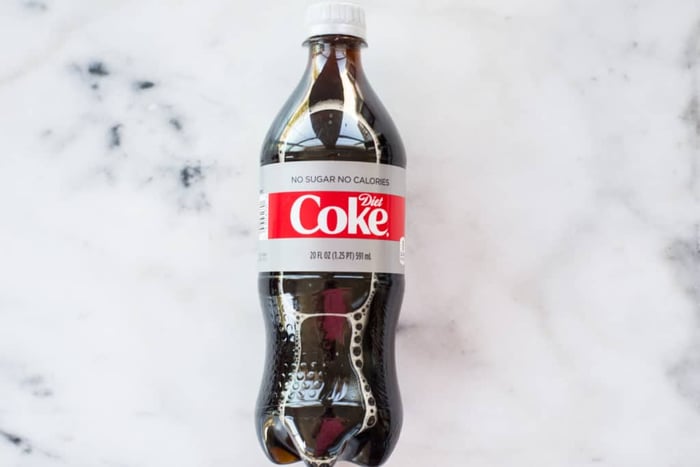
7) Aspartame
Aspartame is an artificial sugar and has no nutritional value. People choose to buy diet sodas and other sugar-free food items as a weight control aid, but that may not help as much as they think.
Not only can longterm aspartame potentially cause inflammation, but it also could lead to you making more unhealthy choices because it may make you crave more sweet food.
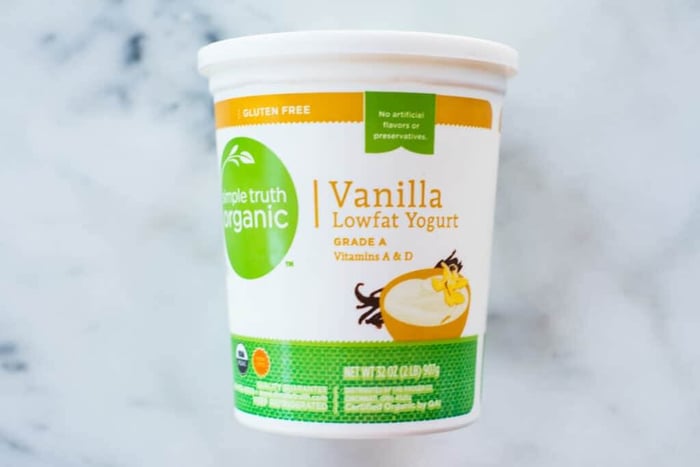
8) Casein
Milk products contain casein. Studies have shown that casein can cause digestive discomfort and inflammation. Cheese, ice cream, yogurt, and milk contain casein.
Shop for plant-based alternatives, like almond or coconut milk and plant-based yogurt and cheese.
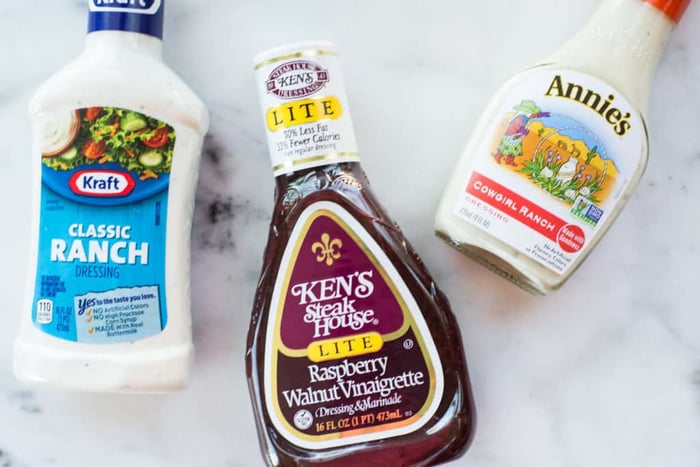
9) Vegetable Oils And Seed Oils
An overabundance of Omega 6s found in the oils added to salad dressing products can trigger an inflammatory response in the body.
Better choices for oil are olive, coconut, grapeseed, and avocado oils. Olive oil has many antioxidants. Grapeseed oil has antioxidants, too.

10) Alcohol
CRP, or C-reactive protein, is an inflammatory marker that shows an elevation in those who consume alcohol to a level that is beyond safe for them. Overconsumption of alcohol can cause inflammation.
Keep your alcohol intake at a minimum or consider not drinking at all.
FAQs
By Cutting Out Foods That Cause Inflammation, Can I Never Have Them Again?
No, you can definitely have foods that do cause inflammation. You just want your body to get used to not being inflamed constinently. By cutting it out for weeks or months,your body will start to react to the disappearance of the inflamed foods, either being less bloasted, or puffy, or whatever inflammation causes you to feel. You can still have a meal or a snack that makes you inflammed the important part is making that meal or snack not a daily occurance.
Even Though I Eat Healthy I Still Get Inflamed. Why?
Even if you eat healthy, either that being your entire life or for a decent chunk of your life, some of those foods can get you inflamed. Even if you have had this vegetable for years and never felt poorly after eating it. Everybodies bodies are different and react to certain foods differently. It's best for you to learn what foods you benefit from, are harmed by, and what foods are neutral. By doing this you will be able to adjust your diet to fit best for you. Most likely your body reacts to this food, either by having a weak gut and it gets bothered by it or if your gut is harmed by a poor diet you had as a kid. By learning what's best for your body, you can overcome it.



